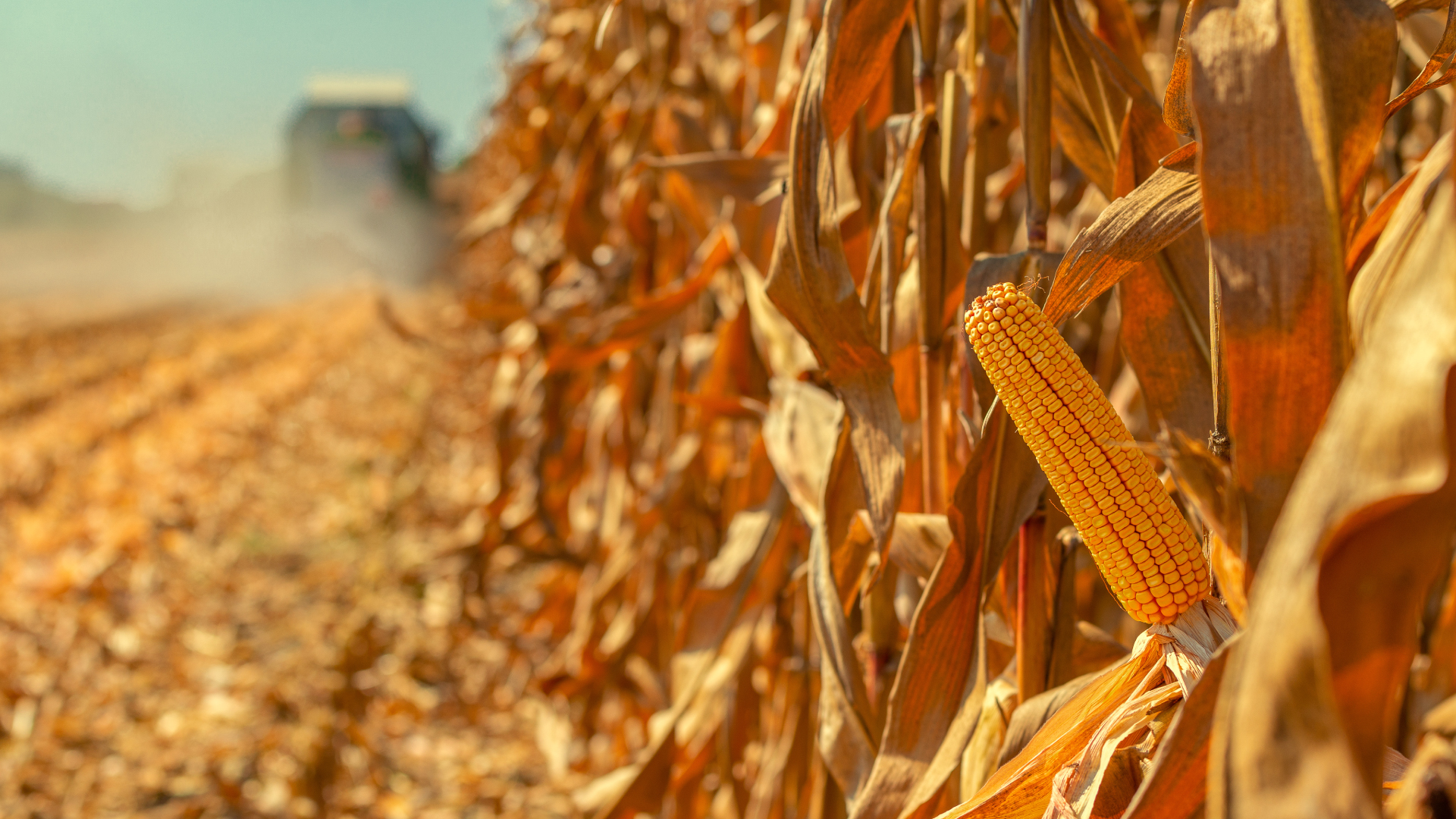Preparing for Even Drier Weather with Cold-Resistant Hybrid Corn
Experts are predicting a below-average corn yield this year, though fortunately, it is expected to surpass the extremely low levels of 2022. In preparation for drier periods, experts at the Agricultural Institute of the HUN-REN Centre for Agricultural Research (ATK MGI) are breeding corn varieties that are also highly resistant to cold. Soon, artificial intelligence will be incorporated into this work.

The heat and drought of recent weeks have caused severe damage to agriculture. Experts have reported damages of 240 billion forints in corn fields alone, with average yields falling below 5 tons per hectare, as mentioned in the press. This figure was confirmed by Tamás Spitkó, head of the Corn Breeding Department at HUN-REN ATK MGI, who added that although the forecast changes week by week and accurate figures will only be available after the harvest, the yield will certainly be higher than the extremely low 3.5 tons per hectare level recorded in 2022.
According to the expert, this year’s drought, which was accompanied by a heatwave, was of a different nature than the one two years ago. Until the end of June, field crops looked promising, but the extremely dry conditions in some areas during July drastically changed the season’s outlook. Although the plants were able to fully develop, and the grains partially formed from the plants' reserves, the crops dried out. The severe water shortage in some places, which lasted nearly two months, not only took a toll on domestic herbaceous crops but also affected roadside tree communities.
However, achieving higher and more reliable yields can be accomplished not only through irrigation but also by breeding drought-tolerant varieties. According to the researcher, there are no miracles: while drought tolerance can be improved, in the case of complete water shortage, there is no plant that can survive and produce a significant yield while essentially "ignoring the drought."
In addition to drought-tolerant plants, researchers at ATK MGI are also working on developing cold-resistant varieties using molecular genetic methods. They are employing a technique called marker-assisted selection to identify the genes or gene groups responsible for cold tolerance on the chromosomes. This information is then used to select new varieties with improved cold resistance.
If the summer is drought-stricken and irrigation is not possible, the "life span" of the plants must be shifted to periods when water shortages are less likely. This usually spans from early spring to mid-summer and, in some years, can extend to late summer. By planting short-growing-season hybrid corn early, the plants can avoid the July drought during their flowering and part of their grain development, potentially resulting in a significant yield increase. "To achieve this, however, we need to improve their cold tolerance, because in spring, while there may not be frosts, there are often chilly mornings, and the young plants and fresh seedlings need to withstand these conditions," added the ATK MGI researcher. Corn was originally a tropical plant, so it's difficult to adapt it to endure short periods of frost or longer cold spells.
As climate change unfolds, in addition to cold-tolerant corn, we also need to start considering the utilization of Mediterranean crops, although the time for large-scale cultivation has not yet arrived, the expert believes. According to Tamás Spitkó, expansive fig bushes, non-winterized oleanders, and even pomegranate bushes that sometimes ripen have already become common in small gardens, and he has even encountered small olive groves.
The future may not only involve the use of Mediterranean plants but also the integration of artificial intelligence (AI) in plant breeding and cultivation. While researchers at ATK are not yet using AI on a daily basis, according to Tamás Spitkó, the analysis of terabytes of data is slowly starting. This will eventually enable the support of traditional breeding methods through the use of artificial intelligence.
Nándor Fodor, Director of HUN-REN ATK MGI, added that artificial intelligence can be applied in every subprocess of plant breeding, as AI technologies are particularly well-suited for analyzing complex datasets that contain genetic, environmental, and phenotypic data. Machine learning algorithms can process vast amounts of genetic information to identify patterns and predict plant traits with high accuracy. This capability enables the breeding of plant varieties optimized for specific climates, soil types, and agricultural practices at a much faster pace than is currently possible.

